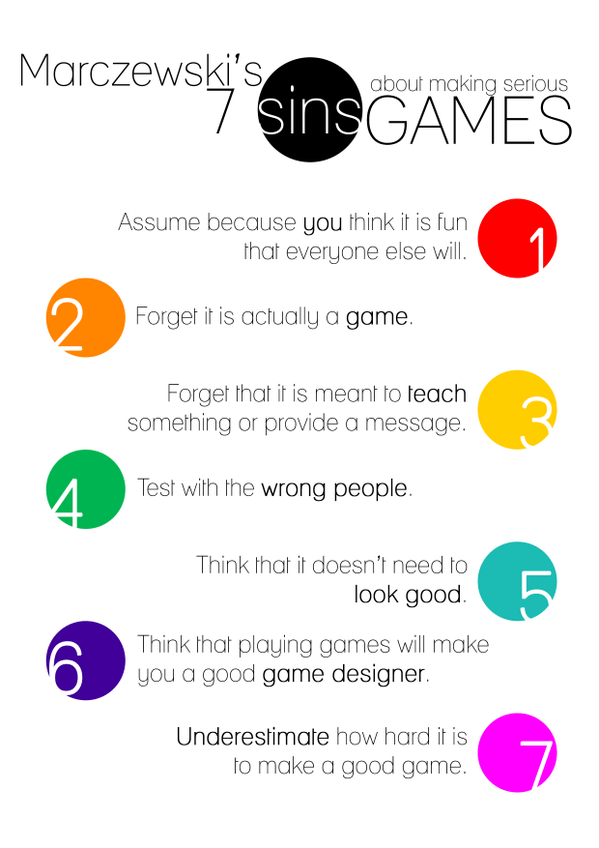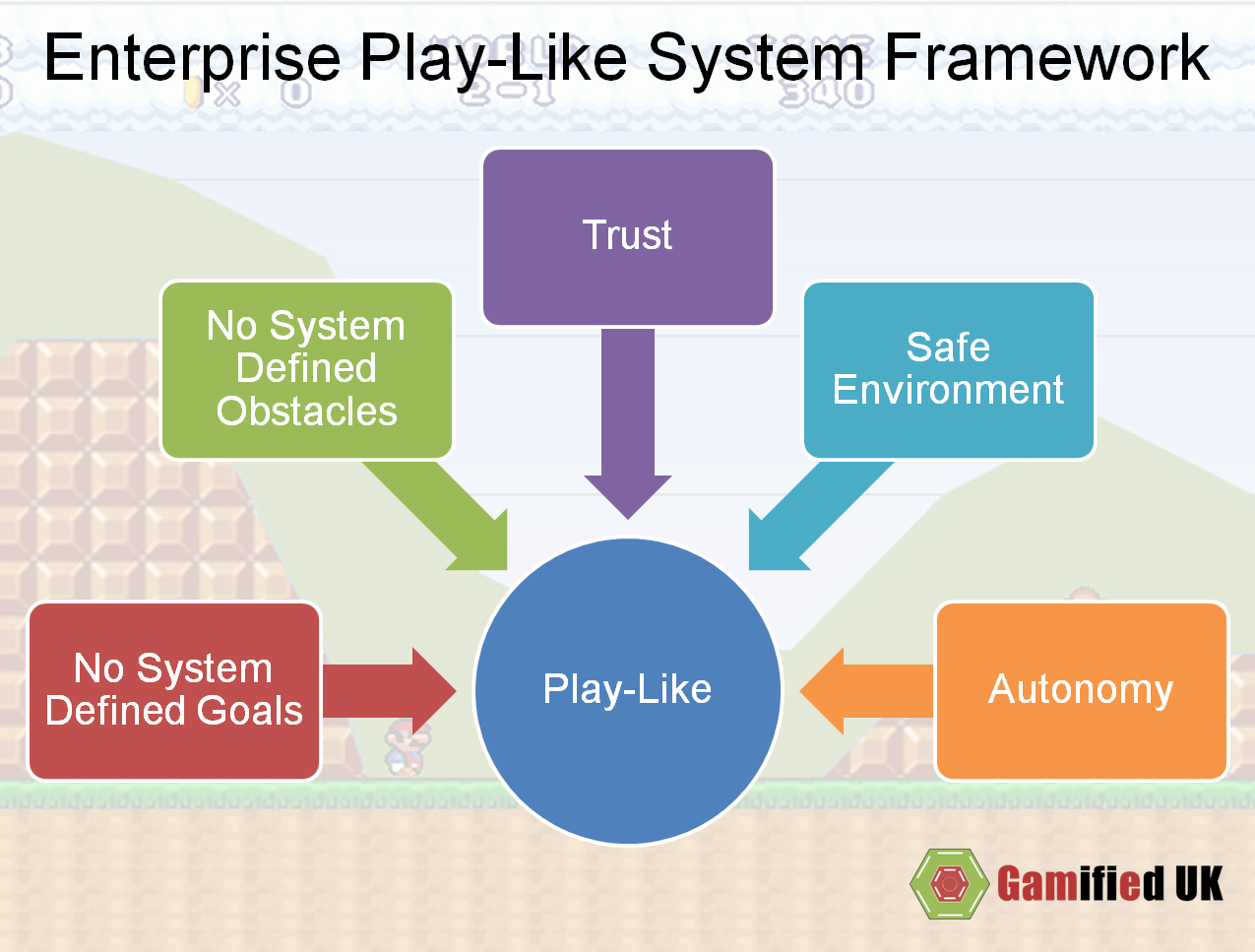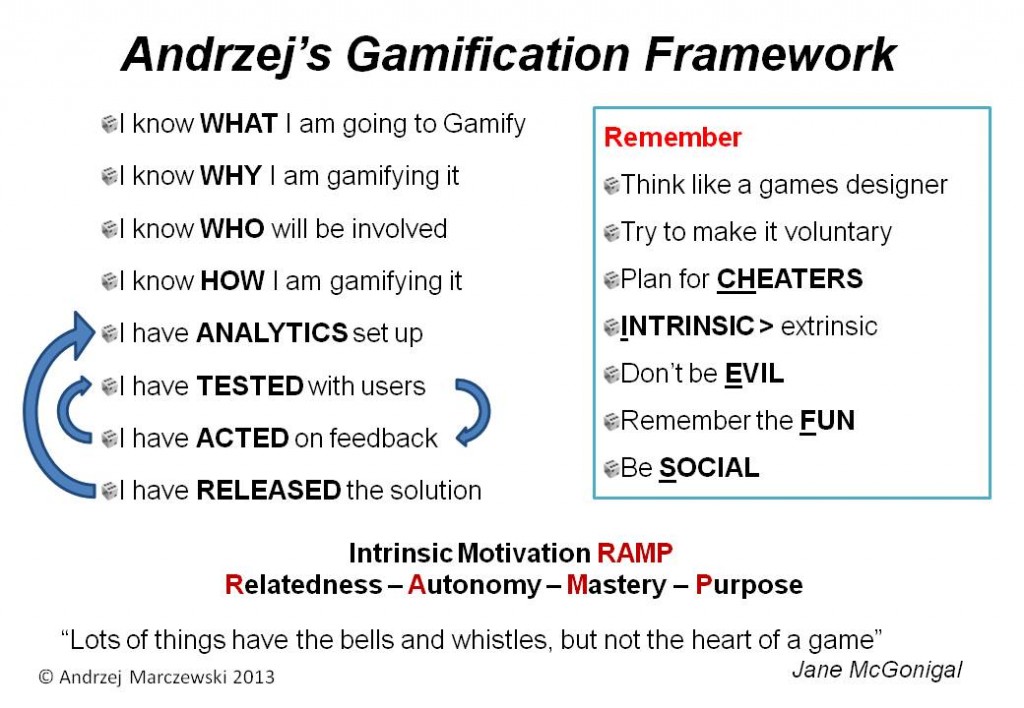I was reading an old article, on the Telegraph website, that had Jimmy Carr and Lucy Greeves explaining how comedy works. It was actually much more interesting that I had expected and offers valuable insights into how to apply gamification in a more engaging way.
Whilst it is true that we all find different things funny, the general way in which jokes are constructed and delivered is as important as the content or the context of them.
Surprise
Surprise is the fundamental joke mechanism. Most punchlines rely on an element of surprise – that’s why they’re not funny the third time you hear them.





